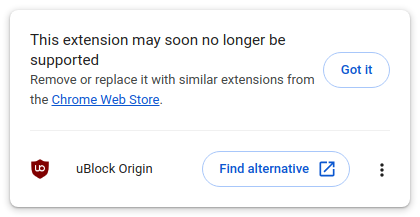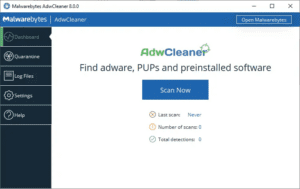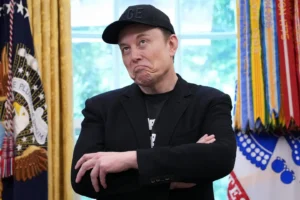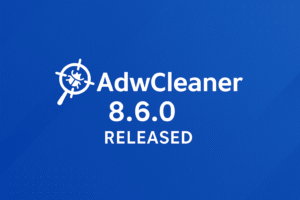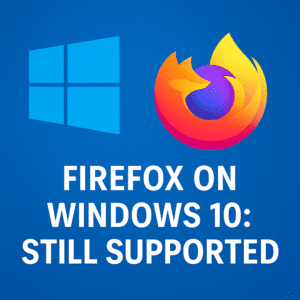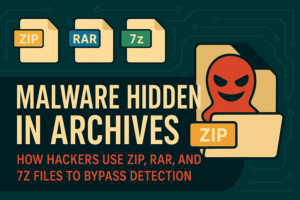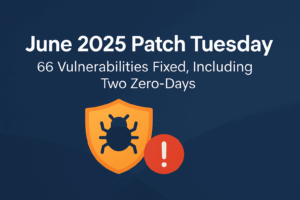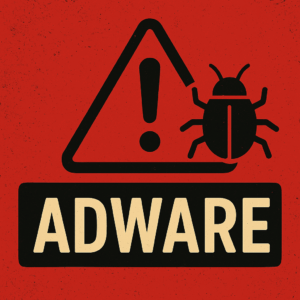As the digital landscape evolves, so too do the tools we use to protect our online experiences. Google Chrome’s upcoming transition to Manifest v3 (MV3) has significant implications for popular extensions like uBlock Origin (uBO), widely used for content blocking. Here’s what you need to know about these changes and how they might impact you.
Google’s Move to Manifest v3
Google is phasing out support for Manifest v2 (MV2), the current platform for Chrome extensions, in favor of MV3. This new platform focuses on enhancing security and reliability, but at the expense of some features and functionality.
Starting with version 127, Chrome has begun notifying users of MV2 extensions, including uBlock Origin, that these extensions “may soon no longer be supported.” Users are encouraged to remove or replace them with alternatives from the Chrome Web Store.
uBlock Origin’s Future
Raymond Hill, the developer of uBlock Origin, has confirmed that there will not be an MV3 version of the popular extension. The shift to MV3 imposes limitations that would strip away many of uBO’s core features. Instead, Hill has developed uBlock Origin Lite (uBOL), which attempts to adapt uBO’s filter lists to the MV3 framework. However, this Lite version lacks many of the capabilities of the original uBO.
One major limitation of MV3 is the inability to run long-running background tasks and the restriction on dynamic filtering and content-blocking scripts. The powerful webRequest API, which allows extensions to monitor and modify network requests, is notably absent from MV3. This reduction in functionality means uBOL cannot serve as a direct replacement for uBO.
Choosing Your Extension
Users will not be automatically transitioned from uBO to uBOL. Hill emphasizes that this decision is left to the users: “Ultimately, whether uBOL is an acceptable alternative to uBO is up to you. It’s not a choice that will be made for you.”
Continued Support on Other Browsers
For those who rely heavily on uBO’s comprehensive features, there’s some good news. Development and support for uBO will continue on browsers like Firefox, which are not deprecating MV2. Additionally, Brave Browser has announced it will maintain support for certain MV2 extensions, including uBlock Origin, ensuring robust ad and tracker blocking capabilities.
Timeline and Transition
MV2 extensions will remain functional for a limited period. They have already lost their Featured status on the Chrome Web Store and will be disabled within the next few months. Users will have a brief window during which they can manually re-enable MV2 extensions, but this option will eventually be removed as well. Google aims to complete the transition to MV3 by early next year, though enterprise users can extend MV2 use until June 2025.
Implications for Cybersecurity
The deprecation of MV2 raises concerns about maintaining robust ad and content filtering, which are crucial for cybersecurity. The Cybersecurity and Infrastructure Security Agency (CISA) advocates for the use of ad-blocking software to minimize exposure to malicious ads, enhance performance, and protect user data from third-party tracking.
In conclusion, as Google transitions to Manifest v3, users of uBlock Origin need to be aware of the impending changes and consider their options. Whether opting for uBlock Origin Lite, switching to another browser, or exploring alternative extensions, staying informed and proactive is key to maintaining a secure and efficient browsing experience.

Founder of ToolsLib, Designer, Web and Cybersecurity Expert.
Passionate about software development and crafting elegant, user-friendly designs.
Stay Updated with ToolsLib! 🚀
Join our community to receive the latest cybersecurity tips, software updates, and exclusive insights straight to your inbox!
